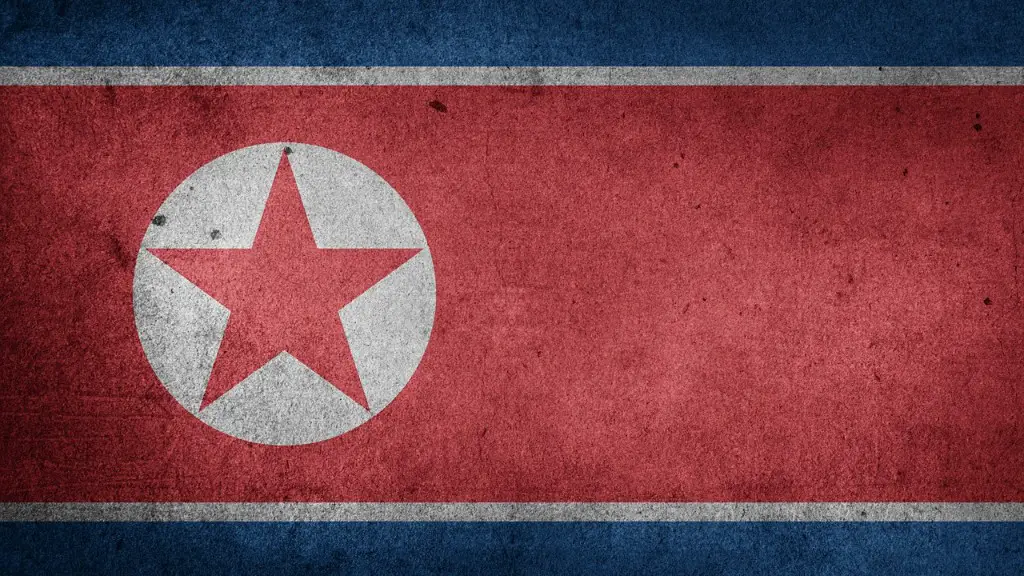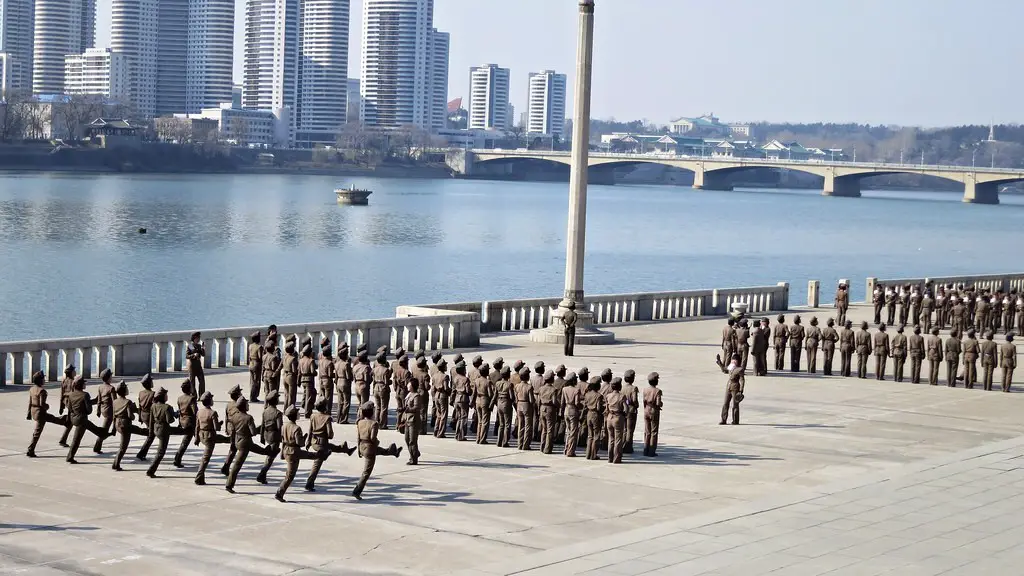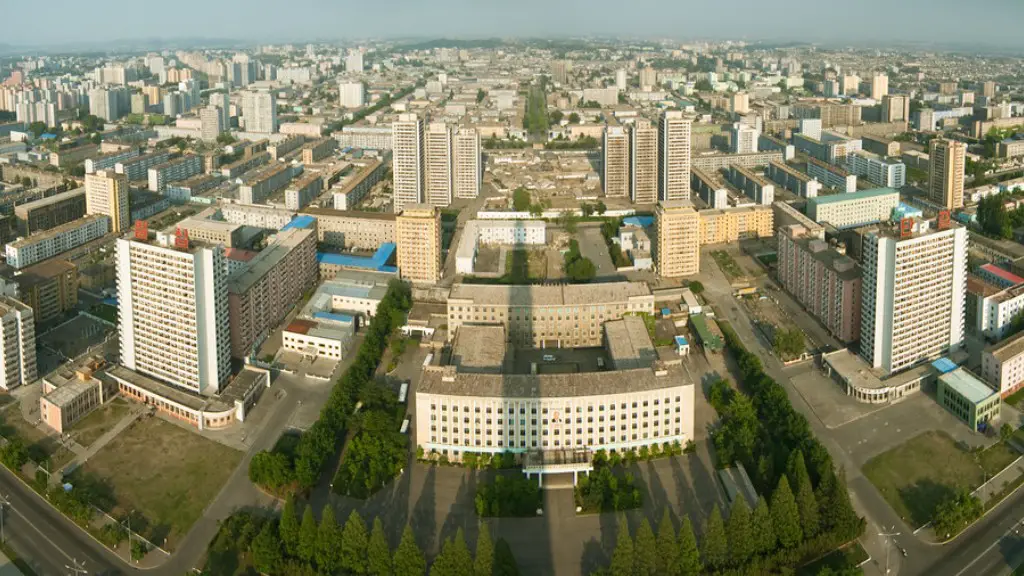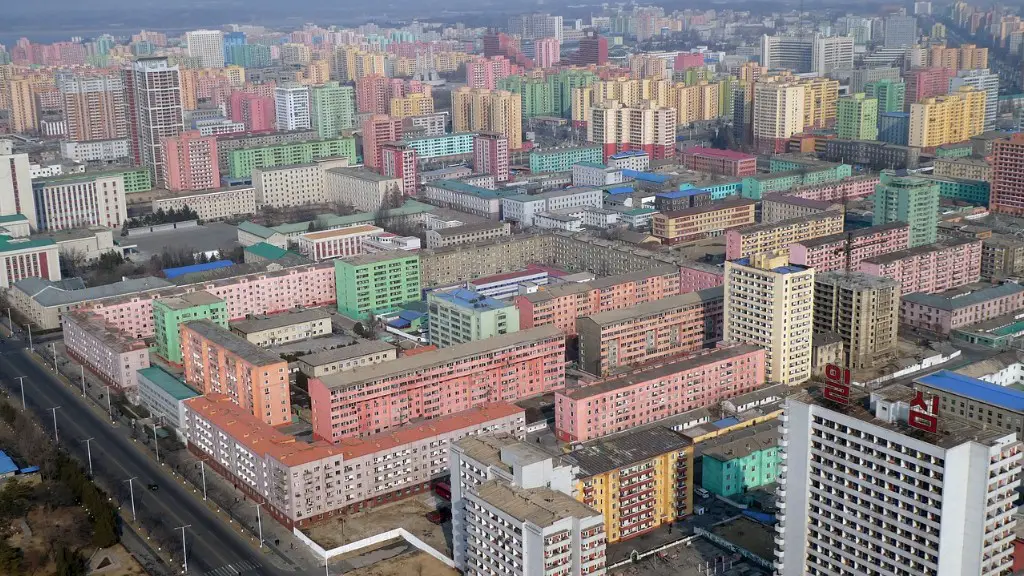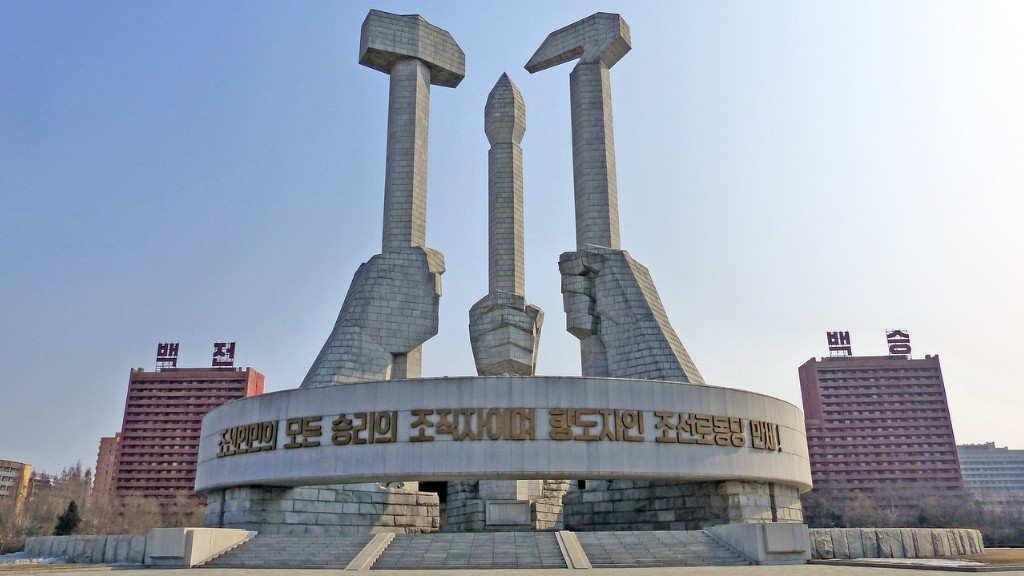Overview
North Korea is a totalitarian socialist state with a wide range of restrictions on people’s lives, including what they can own, consume, and say. This article examines the various items that are banned in the country.
Travelers to North Korea should take great care to be aware of all the regulations, as difficulties may occur if a person unintentionally breaks the law. Not only are certain goods, services, and activities prohibited, but so too are items of dress, communication equipment, and many types of technology.
All forms of writing and photography related to North Korea must have prior authorization, and sharing information about the country is forbidden. Although some international news sites are accessible, most foreign media and other forms of communication with foreigners are banned. Since foreign investment is limited, foreign consumer goods are also rare and expensive.
Religion
The spread of any religion not recognized by the state, or any kind of religious expression and activities, is not tolerated in North Korea. International religious organizations are barred from conducting any activities and citizens are not allowed to visit religious sites or take part in religious practices.
Religious ceremonies, including funerals, weddings, funerals and birthdays, must take place without any public display or carry any religious symbols, prayers or hymns. Those who are passionate about their faith risk imprisonment.
Even though the North Korean Constitution guarantees freedom of faith, the penalties for those found engaging in any religious activity can be severe. Moreover, North Korean law punishes those who “collaborate with hostile forces” and that includes anyone who communicates with South Korea or any other foreign country.
Media
North Korea has a total control of the media, television, radio and the internet. All television and radio sets in the nation have their frequencies pre-tuned, meaning that the its citizens can only listen to the state’s ordered approved broadcasts.
Every citizen of North Korea is given a “Songbun” or classification through which they are monitored. Depending upon the “Songbun” they are only allowed to access certain area-related news, documentaries and programs that the state has approved.
In addition, foreign media products, be they books, magazines, CDs, or DVDs, are mostly prohibited to keep citizens from accessing outside information. In some cases, the state allows a selected number of foreign magazines and newspapers to be used by officials.
Communication
It is strictly forbidden for North Korean citizens to communicate with foreign nationals, except for a few selected people who have received government authorization. Any other contact is punishable by law, sometimes with imprisonment.
Traveling abroad is also heavily restricted. North Korean citizens can only leave their country if they are part of a select group that has received permission from the state. All forms of communication with family members living abroad are prohibited and even writing to them can be punished by the authorities.
Communication with family members living abroad is prohibited and any form of it can be punished. Even communication with one’s own family members living in North Korea must be done with great caution since even casual conversation can be monitored.
Products
Under the very strict control of the state, most consumer goods are imported and rationed. The number of shops and markets are limited, meaning that only a few products are available and are highly expensive, with prices sometimes higher than their international counterparts.
This limited access to products greatly decreases the quality of life in North Korea. This is especially true for products such as medicines and food. North Korean citizens do not have free access to these goods and these are instead slowly released to a select group of privileged people.
Due to the rarity of these goods, traditional medicine and home remedies have become a common and popular way of dealing with common illnesses.
Goods From South Korea
The government of North Korea is extremely strict when it comes to items coming from South Korea. All imported goods from South Korea are highly monitored and are prohibited, including cosmetics, books, clothes, packets of instant noodles, and medicines.
In addition, items symbolizing the Republic of Korea must not be brought into the country and if they are, travelers risk being harshly penalized. Under no circumstances must North Korean citizens share any type of material from South Korea.
Furthermore, North Koreans are not allowed to listen to South Korean radio stations or access South Korean websites.
Internet
The access to the worldwide web has been restricted since then-leader Kim Jong-Il issued a decree in 2004. Only the privileged few with government clearance can use the internet and even then, access is limited and heavily monitored. Only a few websites are accessible and the emphasis is placed on foreign websites related to the country, such as those related to technology, engineering and electronics.
The information that is allowed is mainly of a technical nature and is intended to help further the development of the country’s economy while also providing foreign travel information useful to the government. All forms of personal interaction, such as emails and web-based conversations, are strictly regulated and must be monitored.
North Koreans are not allowed to communicate with foreigners, including their own family members living in other countries. Any foreign content, including print media, music, or video material, cannot be freely shared or distributed in North Korea.
Vehicles
The number of private vehicles on North Korean roads is relatively low. This is mainly due to the high costs associated with car ownership, including taxes, licensing fees, and maintenance. In addition, the state is also very picky when it comes to approving foreign-made cars.
Only state institutions such as the Korean Workers’ Party, the Ministry of Public Security and the People’s Armed Forces are allowed to drive cars. All other citizens must obtain permission from the government before they can own or use a vehicle.
Even then, they are only allowed to purchase approved vehicles that have been officially certified by the government, which means that most citizens cannot even dream of owning a private car.
